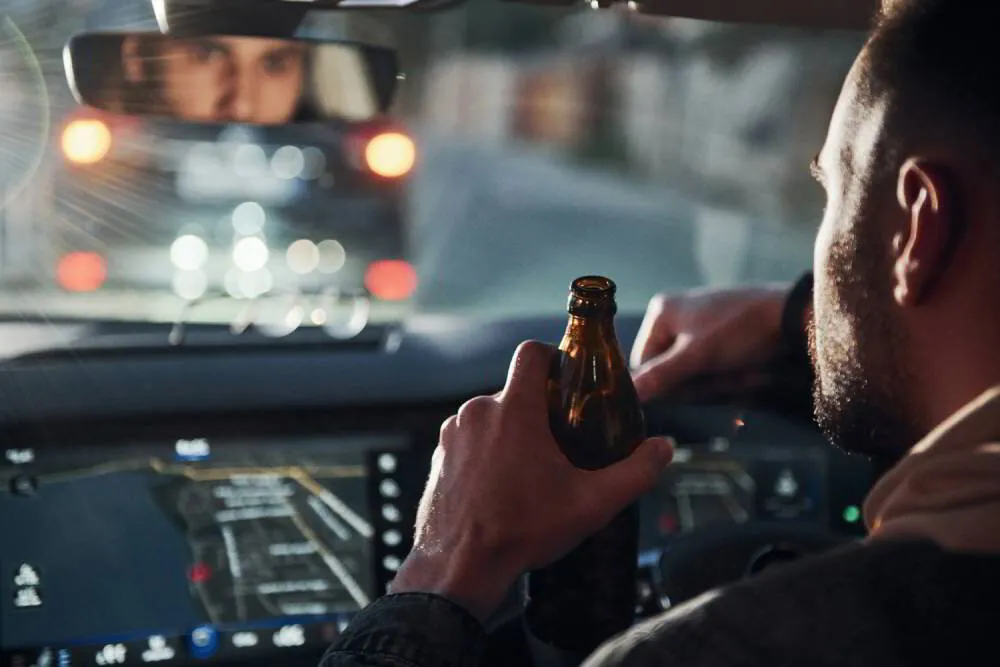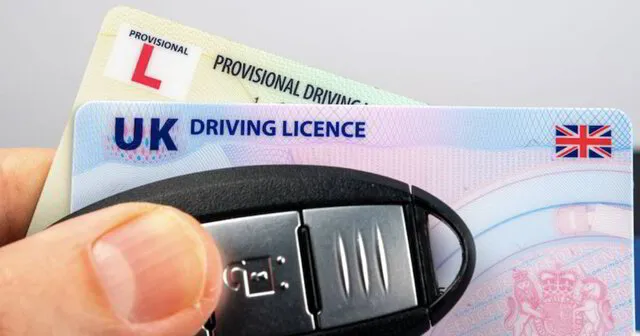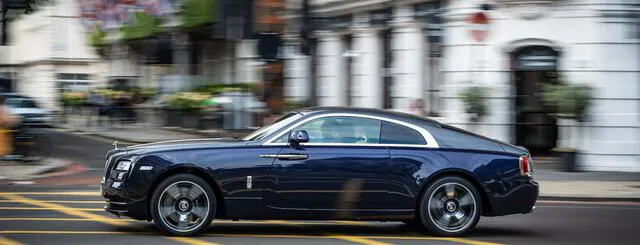Most people who come to me for help after being charged with drink driving have never been in trouble with the law before. They are stressed, if not frightened, and have no idea what to expect when they attend court. Adding to this is the embarrassment associated with a court appearance. If I am describing your situation, be assured you are not alone: everyone makes mistakes. By instructing an experienced Drink Driving Solicitor, you will dramatically increase your chances of achieving a positive outcome.
Content Overview
What is drink driving?
Drink Driving is the term used to describe the offence of driving a “mechanically propelled vehicle” on any road or place to which the public has access whilst you are over the prescribed limit. In England, Wales, and Northern Ireland, these limits are:
- 35 micrograms of alcohol per 100 millilitres of breath
- 80 milligrams of alcohol in 100 millilitres of blood
- 107 milligrams of alcohol per 100 millilitres of urine
DR10: Driving or attempting to drive with alcohol level above limit
DR10 is a drink driving offence code, used by both the police and the DVLA when a person's blood alcohol level exceeds the legal limit.
DR10 convictions may (will unless Special Reasons are found) result in a minimum 12-month driving ban and a fine, community order, or imprisonment of up to six months, plus 3-11 points that remain on your licence for up to 11 years (from the date of conviction). . The severity of punishment varies depending on the amount of alcohol detected in one's system.
DR20: Driving while unfit through drink
DR20 is an endorsement code which is based on your inability to drive safely due to drinking alcohol. Although your blood alcohol level may not necessarily be above the legal threshold, the police may determine your driving ability is impaired due to alcohol.
DR20 convictions can result in a driving ban, a community order, a fine, a prison sentence, and additional 3-11 points that remain on your licence for up to 11 years (from the date of conviction).
DR30: Driving or attempting to drive then failing to supply a specimen for analysis
DR30 is an endorsement code for drivers who are suspected by the police of drink driving or drug driving, and don't have a reasonable excuse for not providing a breath, blood, or urine specimen for analysis.
A reasonable excuse would mostly require medical proof that you have:
- a mental health condition; or
- respiratory issues that would affect your ability to submit a breath specimen; or
- a phobia for needles, if requested to give a blood specimen
A reasonable excuse for failing to provide must relate to inability due to physical or mental issues.
Once a reasonable excuse is raised it is for the prosecution to disprove it.
A failure to understand the statutory warning relating to prosecution may amount to a reasonable excuse if the accused’s understanding of English is poor.
Failure to understand due to intoxication will not suffice.
Failing to mention a medical reason at the time does not mean the court cannot find reasonable excuse, although the court has been warned not to be gullible.
The following will not amount to a reasonable excuse in relation to failure to provide a specimen:
- Desire to see a doctor.
- Desire to see a solicitor.
- Erroneous legal advice
- Fact that constable seeks to breathalyse more than one person in relation to the alleged offence.
- Fact that no actual offence committed:
- Fact that police had assaulted suspect during arrest.
- Fact that suspect detained under s 136 Mental Health Act 1983
- Failure to explain that samples must be provided within 3 minutes.
- Failure of allow the full 3 minutes for the provision of samples.
- Mistaken or genuine belief: Had not consumed alcohol; Not committed a driving offence); Officer not acting in good faith; Had not failed the initial breath test.
The following may amount to a reasonable excuse in relation to failure to provide a specimen:
- Incapacity or fear: – ‘must arise out of a physical or mental inability to provide one or a substantial risk to health in its provision’.- phobia of machines; panic attack
- Trying as hard as physically able to provide the specimen. Medical evidence in support will normally be required. The defendant must demonstrate a causative link between the condition and the refusal
- Not understanding the statutory warning: see above.
- Wish to read the consent form before signing
The above is from a standard letter I use. Some of it may help here or in a separate Blog for failing to provide.
DR30 convictions add 3-11 points that remain on your licence for up to 11 years (from the date of conviction), plus a potential driving ban alongside either a community order, or a fine, or a prison sentence.
DR31: Driving or attempting to drive then refusing to give permission for analysis of a blood sample that was taken without consent due to incapacity.
DR31 applies when an individual is incapacitated and unable to give consent for blood sample collection due to injuries, alcohol, and/or drugs, and subsequently refuses to allow the analysis of their blood sample.
DR31 convictions add 3-11 points that remain on your licence for up to 11 years (from the date of conviction).
DR40: In charge of a vehicle while alcohol level above limit
DR40 is a driving offence code used by both the police and the DVLA when a person in charge of a vehicle has a blood alcohol level that exceeds the legal limit. A "person in charge of the vehicle" is someone who has control or responsibility over a vehicle. So far as ‘responsibility’ is concerned, the person in charge of the vehicle doesn’t have to be actively driving it.
DR40 convictions add 10 points that remain on your licence for up to 4 years (from the date of the offence or 4 years from date of conviction where a disqualification is imposed), or a potential driving ban alongside either a community order, or a fine, or a prison sentence.
DR50: In charge of a vehicle while unfit through drink
DR50 is an endorsement code used when a person in charge of a vehicle is deemed unfit to take control due to the influence of alcohol or drugs. A "person in charge of the vehicle" is someone who has control or responsibility over a vehicle, even if they are not actively driving it. Like DR20, your blood alcohol level does not have to be above the legal limit to be charged of this offence
If convicted of a DR50 offence, an individual will receive 10 points that stay for 4 years (from the date of the offence or 4 years from date of conviction where a disqualification is imposed) on an individual’s licence, and may potentially face penalties such as a driving ban, community order, fine, or even a prison sentence.
DR60: Failure to provide a specimen for analysis in circumstances other than driving or attempting to drive.
DR60 applies when you are in charge of a vehicle, even if you are not actively driving it - and you don’t have a valid excuse to give a specimen when asked by the police.
DR60 convictions add 10 points that stay for 4 years (from the date of the offence or 4 years from date of conviction where a disqualification is imposed) on an individual’s licence, and a potential driving ban alongside either a community order, or a fine, or a prison sentence.
DR61: Refusing to give permission for analysis of a blood sample that was taken without consent due to incapacity in circumstances other than driving or attempting to drive.
DR61 is an endorsement code similar to DR 31, except that in this case the individual is not the driver of the vehicle, like a passenger or someone else possibly involved in a car accident.
If convicted of a DR61 offence, an individual will receive 10 points that stay for 11 years on their licence (from the date of conviction), and may potentially face penalties such as a driving ban, community order, fine, or even a prison sentence.
DR70: Failing to cooperate with a preliminary test
DR70 is a driving offence code that applies to individuals who do not have a valid excuse for not cooperating with the police when asked for an alcohol breath test. This code is used when the police have reason to suspect that a driver may be under the influence of alcohol and request a breath test to confirm their suspicion.
DR70 convictions add 4 points that stay for 4 years on an individual’s driving licence (from the date of the offence or 4 years from date of conviction where a disqualification is imposed), and a fine of up to £1,000.
What can a Drink Driving Solicitor do to minimise the penalty?
Under the Sentencing Guidelines, the Magistrate/s will examine the following aggravating and mitigating factors and adjust the sentence up or down accordingly.
Aggravating factors
- You have had previous drink driving convictions.
- You were carrying passengers.
- The standard of your driving was unacceptable.
- You caused an accident.
- There was a high level of traffic or pedestrians in the vicinity.
Mitigating factors
- You have no previous convictions or relevant/recent convictions.
- A genuine emergency resulted in you having to drive.
- Your drinks were spiked.
- The distance driven was very short.
- You demonstrate remorse and/or good character.
- You have a serious medical condition, mental disorder, or learning disability.
- You are the sole or primary carer for dependent relatives.
The above lists are not exhaustive and the Magistrate/s can consider any other factors they deem relevant when adjusting the sentence starting point.
Case study – Young mother avoids jail following drink driving conviction
In December 2022, I defended a Virgin Airlines flight crew member who was caught nearly two and a half times over the limit after she crashed into a barrier at a McDonalds drive-thru.
Before getting behind the wheel of her BMW, my client had drunk white wine but did not think she was over the limit.
I was able to argue several mitigating factors on my client’s behalf to the Magistrates, including:
- She had no previous convictions and was deeply remorseful of her actions. This was evidenced by her pleading guilty and returning to the McDonalds outlet the day following the incident to apologise and offer to pay for the damage she caused.
- I obtained several positive character references, including one from the owner of a catering company with whom my client had started to work for during the pandemic and still occasionally helped out.
- She was a single mother to a 13-year-old and had recently escaped an abusive relationship. The weekend of the incident had brought her to an all-time low ebb. She said she was at rock bottom. Having been drinking over the weekend, she acknowledged that she had made a wrong judgement call in deciding to drive.
- She was seeking professional help for her problems.
I successfully persuaded the Court that my client was not deliberately reckless, rather she was the victim of “naked human frailty”. She had emerged from a difficult relationship, hit rock bottom, and faced up to the reality of her situation with genuine remorse. In every other respect she was a woman of good character.
My client received an inevitable driving ban and was fined £300 and ordered to pay costs and a victim surcharge of £240. To reduce the 17 month ban handed down by 25%, she was offered the option to take a drink drive awareness course.
Wrapping up
The above case demonstrates how a Solicitor with expertise and experience in motoring law offences can provide real value. My client faced the real prospect of going to prison, leaving her 13 year old son, and losing her livelihood. With stakes this high, it is essential to instruct a Specialist Driving Offence Solicitor who has the knowledge and talent to make a difference to the outcome of your case.
Get a free legal advice now
When charged with drink driving, get legal advice as soon as you can. Call me at 0151 601 3743, and let me examine the special reasons that we can use to prevent you from being convicted or banned from driving.



